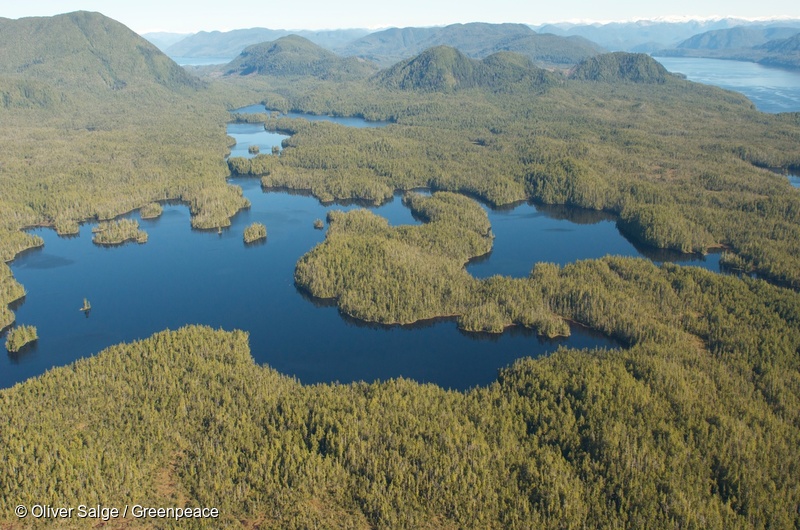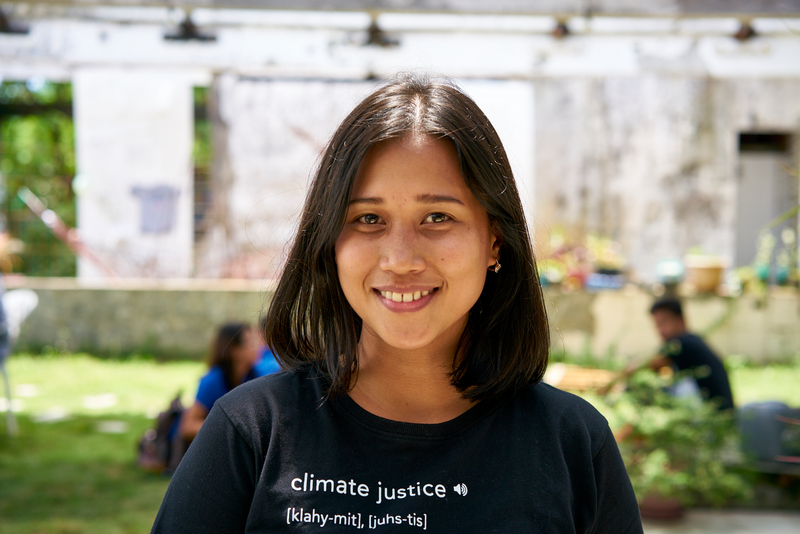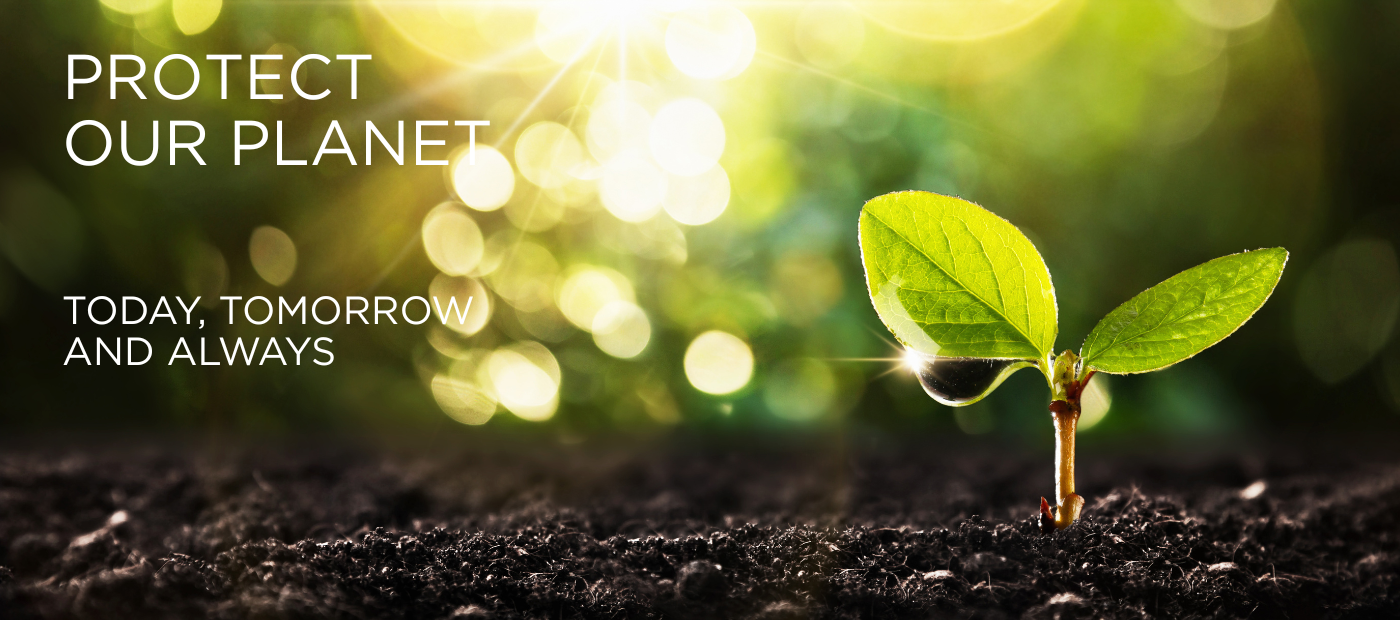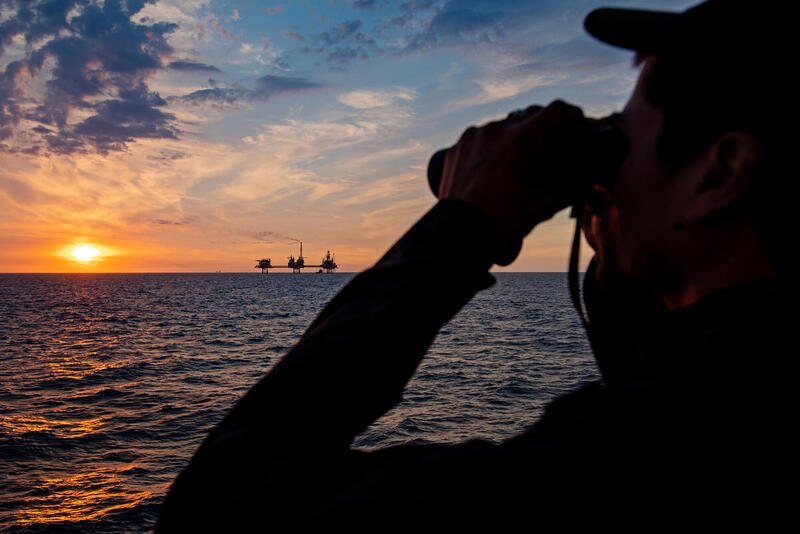About GCEF
The Greenpeace Canada Education Fund (GCEF), launched in 2020, focuses on bridging the knowledge gap on environmental, climate, and energy issues in Canada and globally. Through research and education, we empower the public with the information needed to combat disinformation and push for meaningful climate action. Guided by values of democracy, inclusivity, and environmental justice, we work to address historical imbalances and drive systems change.
GCEF complements the work of Greenpeace Canada, the well-known organization that has been taking action to protect the planet since 1971. GCEF is part of the global Greenpeace campaigning network, maintaining general consultative status with the United Nations Economic and Social Council.
Our Work

Investigations and Whistleblowing
We fund investigations and research to expose the root causes of environmental degradation and the climate crisis. By shining a light on the influence of powerful industries, such as fossil fuels, we hold key players accountable for their environmental impact. Our work has revealed, for example, how major financial institutions contribute to climate damage through fossil fuel financing. With these findings, we aim to equip the public, policymakers, and advocates with the knowledge needed to drive systemic change and build a sustainable future.
Bridging the Knowledge Gap
Closing the knowledge gap is crucial for building climate literacy in Canada. While many people understand that climate change is a pressing issue, disinformation and a lack of accessible, reliable information can prevent meaningful action. GCEF focuses on bridging this gap by commissioning research and assessments that uncover where educational efforts fall short, revealing critical areas where both students and teachers need more resources and support to engage with climate issues. By addressing these gaps, we aim to empower Canadians with the knowledge they need to navigate complex environmental challenges and drive impactful, informed action.


Promoting Public Engagement
We equip the public, policymakers, and media with credible, accessible information to advance informed climate discussions and policy solutions. GCEF has played a pivotal role in strengthening Canada’s anti-greenwashing regulations by exposing misleading environmental claims from major corporations and advocating for more rigorous accountability standards. Our research and advocacy have helped build the case for legislation that requires companies to substantiate their environmental claims, shielding consumers from disinformation and fostering transparency in corporate sustainability practices. Through this work, we drive impactful change toward a more honest and environmentally responsible marketplace.
Spotlighting Solutions
We spotlight sustainable solutions to the climate crisis, showcasing pathways for meaningful change. By funding groundbreaking research like Canada’s first Law Firm Climate Impact Report, we revealed how the legal industry influences climate policy and identified critical opportunities for reform. GCEF also provides seed funding to innovative, emerging initiatives focused on biodiversity conservation and climate action, nurturing efforts that protect our environment and inspire a sustainable future.

Our Values
1. Guided by justice: We prioritize the needs of marginalized communities and those most impacted by climate change.
2. Operate with integrity: We ground our research in science, traditional knowledge, rigorous analysis, and intellectual honesty.
3. Work in collaboration: We focus on relationship-building, knowledge-sharing, transparency and trust in our partnerships.
4. Empower human networks: We believe that knowledge is power, and we equip individuals and communities with accessible information to enable effective outcomes.
-
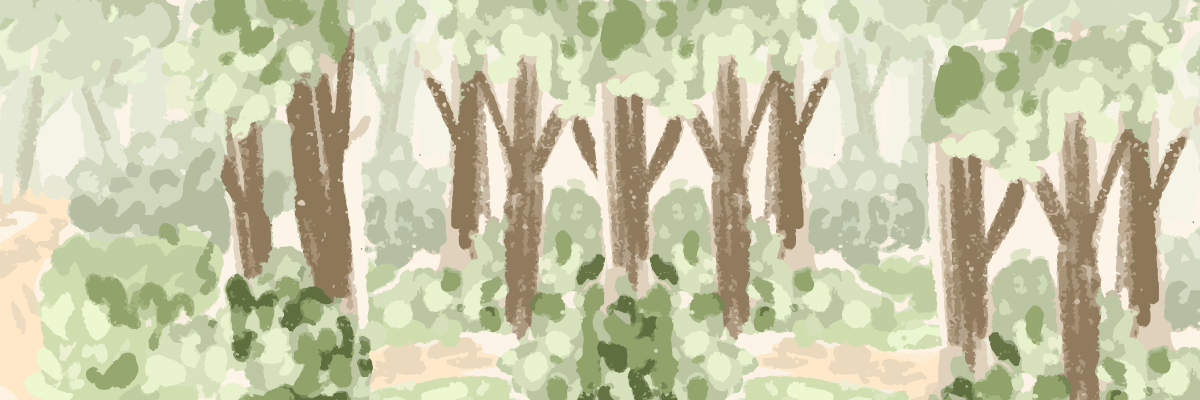
Nature Report: Investigative Research into Domtar’s lobbying in Canada
What the Report Covers:
-
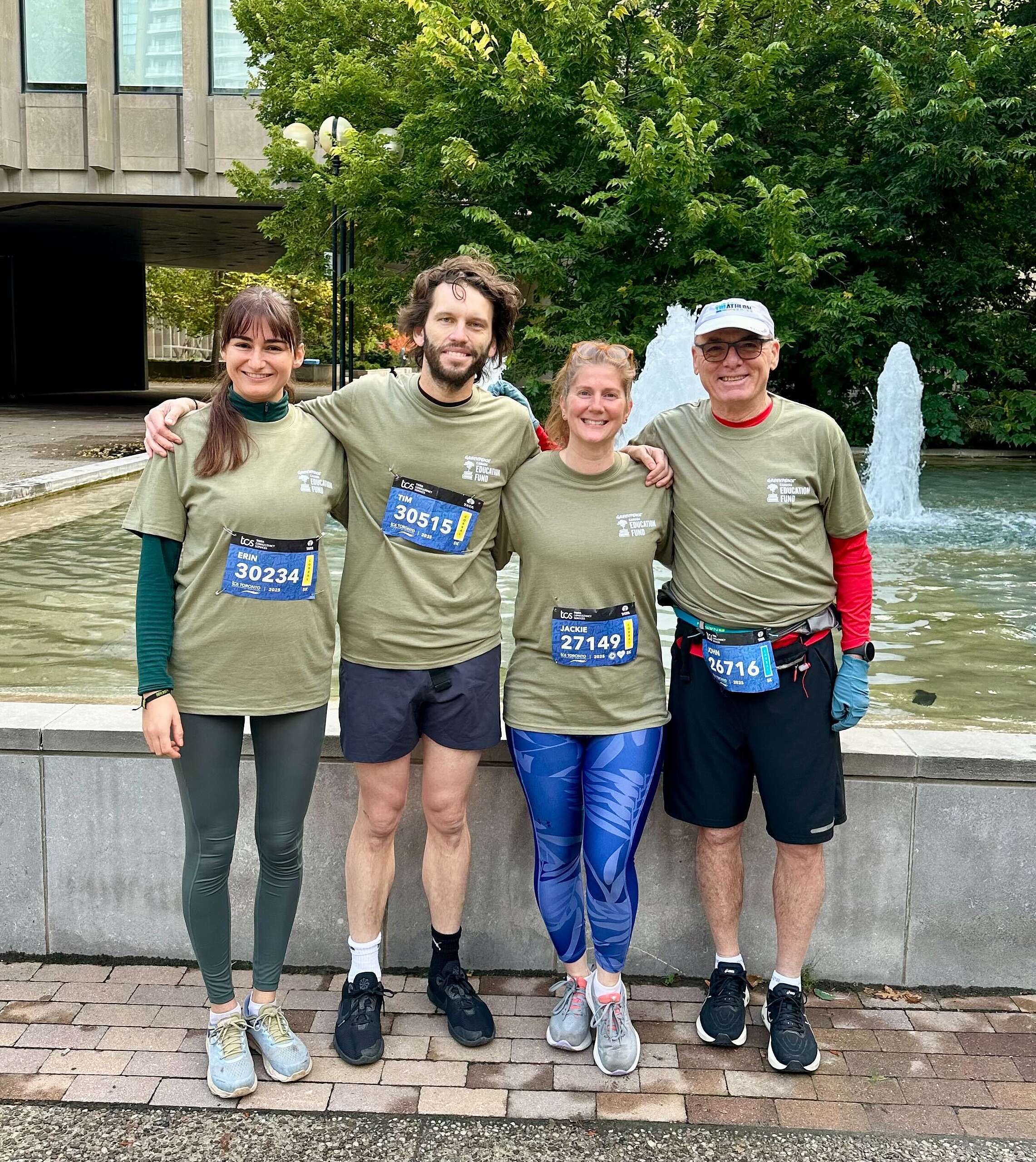
Every Step for the Planet! Our First Marathon Was a Run to Remember
On October 18, 2025, something new happened for Greenpeace Canada Education Fund (GCEF) and Greenpeace Canada. For the first time ever, we swapped banners for bibs, research reports for running…
-

Sandra’s lasting legacy
It is my deepest pleasure to share the news of a truly transformational gift. The late Sandra Elisabeth Brittany has left an extremely generous legacy gift to the Greenpeace Canada…
Contact Us
Greenpeace Canada Education Fund
33 Cecil Street Toronto, ON M5T 1N1
+1 (905) 828- 0133
